

While Jamaica has made significant progress in gender equality, equal access to economic opportunity is still a distant goal. This was a key highlight of the Jamaica Gender Assessment Report, launched yesterday (March 9) by Canada and the World Bank.
The assessment, funded by the Government of Canada, reviewed the barriers faced by women and men in Jamaica in areas such as health and education, economic opportunity and agency.
In terms of economic opportunity, the Gender Assessment found that women’s labour force participation is lower than men’s due to their disproportionate role in unpaid household and care work. In contrast, men were found to be more likely than women to hold informal and vulnerable jobs. Despite recent advances, the agency of Jamaican women remains low, and the prevalence of patriarchal social norms is a key constraint to women’s empowerment.

While the assessment found that the legal framework for gender equality in Jamaica is quite developed, it noted that there is room for improvement, particularly regarding paid work and parenthood. The report further highlighted that women’s sexual and reproductive health remains a concern, as do high adolescent pregnancy rates. Interestingly, the Assessment found that Jamaican women outperform other Caribbean countries in entrepreneurship and finance, but gender gaps still need to be addressed.
Emina Tudakovic, high commissioner for Canada in Jamaica said, “This assessment is an invitation to reflect on what measures can be taken to help bridge gender gaps. As a leader and champion for gender equality, human rights, and the empowerment of women and girls at home and abroad, Canada remains engaged and committed to working with the government and local stakeholders to advance gender equality and create a better, safer and more inclusive society.”

Minister of Culture, Gender, Entertainment, and Sport, Olivia Grange, who was at the launch, acknowledged the data and said, “My ministry has noted the gender-specific recommendations and remains committed to accelerating the investments in human capital development, technology, innovation, legislative reforms, and other key actions to create an enabling environment for women and girls, men and boys.”
Grange then shared that work addressing some of the highlighted issues in the assessment has been prioritised by entities such as the Bureau of Gender Affairs (BGA).
“I’m happy to report that the findings from the gender assessment report are commensurate with the community outreach focus of the Bureau of Gender Affairs and the lived experiences of numerous families. The report highlights data produced from the BGA and Statistical Institute of Jamaica (STATIN) which show that one in every four Jamaican woman experiences physical violence from a male partner. It also shows that young women 15 – 24 years are vulnerable to sexual violence and this is among girls/women with little to no education and who live with their partners from an early age,” she said in her message.
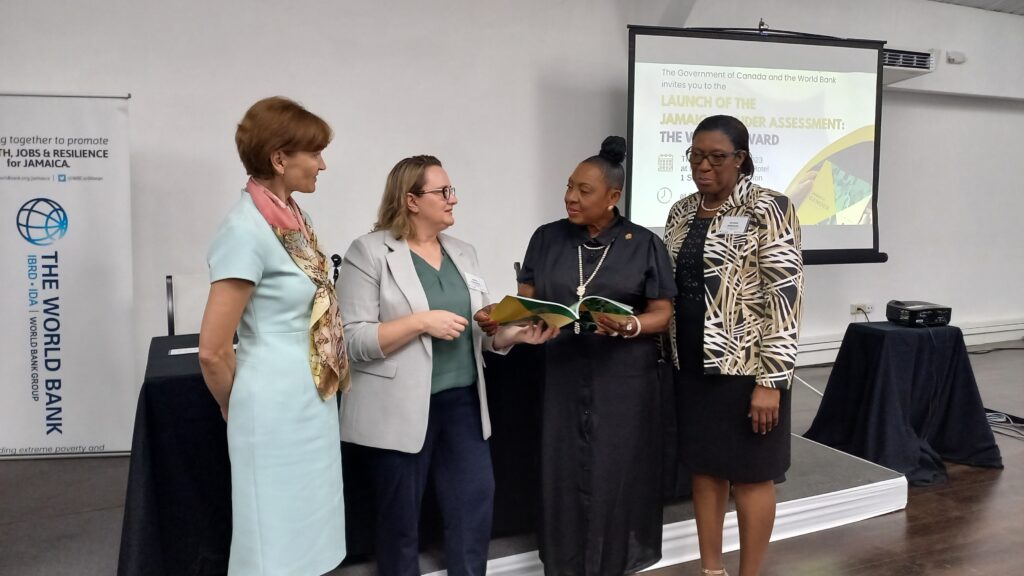
She spoke about the draft National Shelter Strategy as one of the responses to some of the findings shared in the report. “It (the Assessment) also identifies that victims/survivors of gender-based violence (GBV) and their children tend to experience worse educational and health outcomes in their lifetime. A very practical response to the gender-based violence prevalence data is the development of the draft National Shelter Strategy,” she said.
Grange also referred to initiatives that aim to eliminate all forms of violence against women and girls such as the Continuum Care for Survivors of gender-based violence which outlines the roles and responsibilities of participating organisations or agencies to ensure the seamless process for care of victims.
THE WAY FORWARD
The Assessment recommended three key areas of action:
- Investing in building the human capital of women and (especially) young men
- Expanding, supporting and promoting the productive role of women
- Increasing women’s capacity to make decisions and act on them
It was noted that clear and comprehensive implementation plans will be needed for these policies, as gaps in implementation can hamper reform effectiveness.
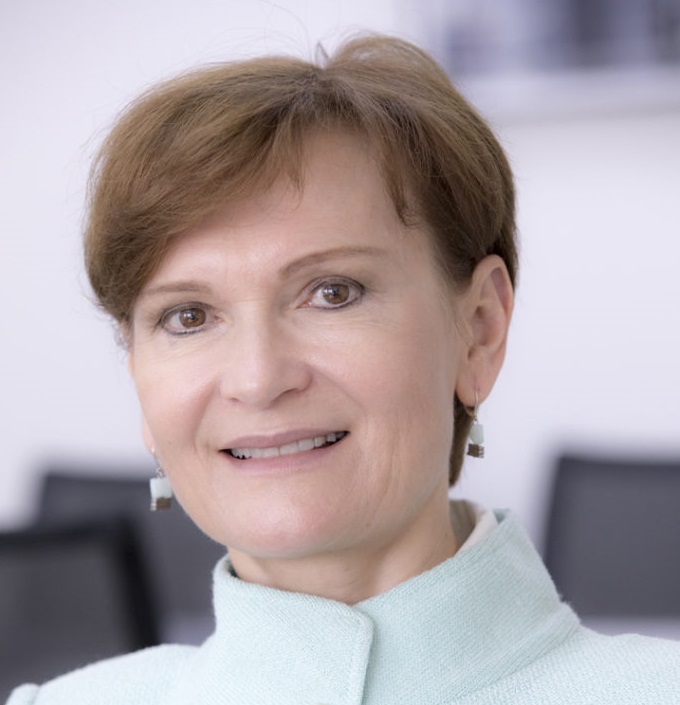
“Creating a dynamic and inclusive society and providing opportunities for women and girls to acquire the skills and earnings to succeed should be an economic priority for countries,” said Caribbean Country Director with the World Bank, Lilia Burunciuc. “We hope this report will be the impetus needed for the formulation of relevant policy actions to address the issues emerging from the assessment. The Bank stands ready to continue our support to Jamaica in this regard, she added.”
The Gender Assessment was conducted through a series of consultations with diverse stakeholders on key gender issues in Jamaica. Five virtual sessions were held in each round of consultations to discuss findings and prioritise policy recommendations, involving more than 20 participants from government and civil society organisations, academia, and development partners in Jamaica.
Send feedback to [email protected]

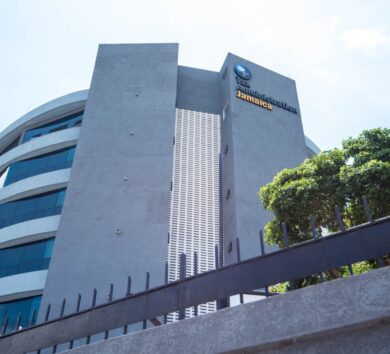
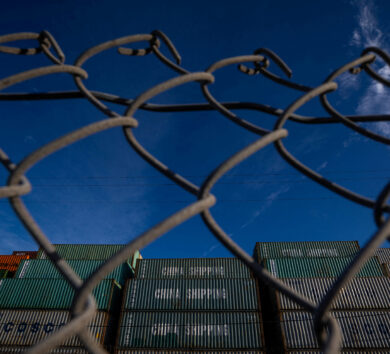
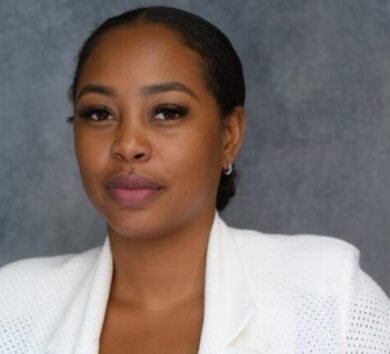
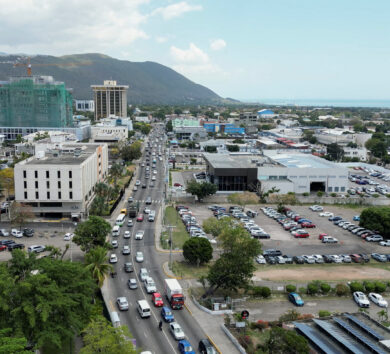
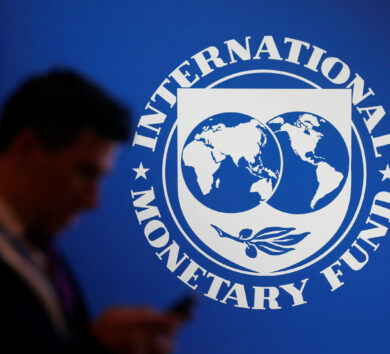
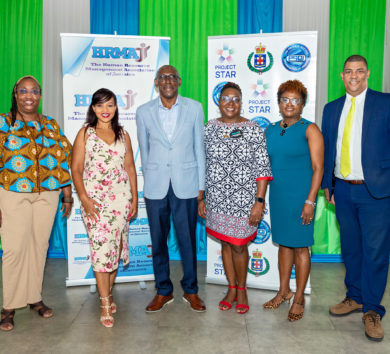
Comments